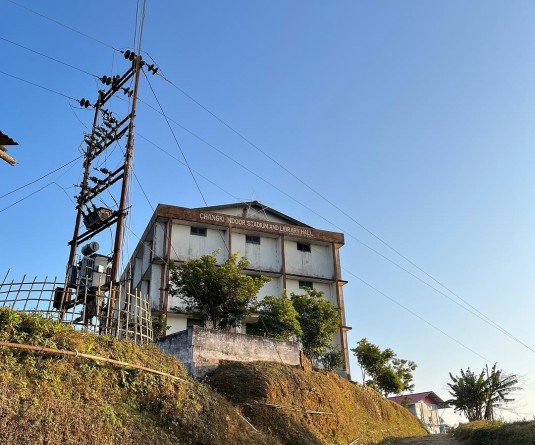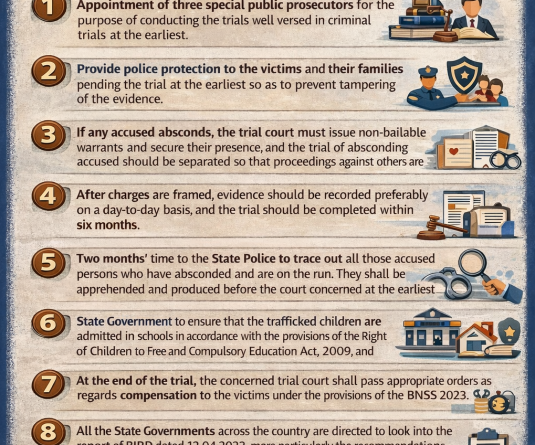
Dimapur, December 9 (MExN): The United Kingdom is reminded of is place in the political history of the Naga people and what weight the former empire’s pronouncement would carry in the redefinition of this indigenous people.
Dr. Neivetso Venuh, Secretary General of the Naga Peoples’ Movement for Human Rights addressed the House of Lords, the lower house of the British Parliament and urged the British patrician watchdogs not to remain silent over the protracted Indo-Naga political issue. The address comes in the backdrop of International Human Rights Day, December 10.
The NPMHR elaborated to the lower house of the British Parliament with the political history of the Nagas from Captains Francis Jenkins and R.B. Pemberton’s foray into the Nagas’ domain in 1832 to the ongoing ceasefire. However, the NPMHR said, till date after more than 10 years of ceasefire and political negotiations, and the resoluteness of the Naga leaders to work out a peaceful solution to the more than 60 years of political conflict, the Government of India continues to drag its feet for obvious reasons.
“It is in this context, that we are appealing the international community and more importantly, today the British Government through distinguished personalities like you present here, to positively live up to the expectations of the Naga people in general, who, even after all these years of sufferings, still look up to Great Britain to have its say to the problem – which India apparently claim only to have “inherited from the Britishers,” the house of British feudal legacy was told.
The organization reiterated the Nagas’ history (excerpt): Nagas are indigenous peoples, belonging to the Tibeto-Burman stock with an approximate 4 million in population and live along the tri-junction of Burma (Myanmar), China, and India. In 1832, Captains Francis Jenkins and R.B. Pemberton, entered the Naga country and led numerous “punitive” expeditions against the Nagas for their resistance which led to open confrontation till 1879 when a large area of the then Naga country was occupied and controlled by the then British-India. When the British left India in 1947, the tendered the issue of the Nagas to be left to them as an independent nation as hitherto enjoyed. This remain was unattended, despite the fact that as early as 1929, the Naga Club submitted a Memorandum to the Simon Commission stating and requesting that Nagas be excluded from the proposed ‘political reforms’ of British India, which arbitrarily generalized the Nagas as under India.
By 1946, the Naga resistance evolved into the “Naga National Council,” which federalized the Naga tribes. Under NNC, the Nagas declared their independence on 14th August, 1947, and a “Plebiscite” was conducted on May 16, 1951, reaffirming the Nagas’ inherent rights as a people in which “99.9 percent” voted for an independent Nagaland. The nascent Indian nation responded by proclaiming the Assam Maintenance of Public Order (Autonomous Districts) Act, of 1953 upon the Naga country.
This was followed by the imposition of the Disturbed Areas Act in 1955. In 1956, India dispatched two Brigades of her military and the Naga country is ever since then under their martial clutch. Later in 1958, the Government of India imposed the Armed Forces (Special Powers) Act, under which any Non-Commissioned Officer and above are empowered with full legal immunity to “shoot and kill” any Naga on mere suspicion. In the wake of the imposition of these draconian laws and murderous homicidal mechanisms, the Nagas have been since then experiencing a “black and senseless period,” to echo the then Prime Minister of India Nehru’s own confession or per se. Under such circumstances, the Nagas were left with no other option but to defend themselves with arms.





